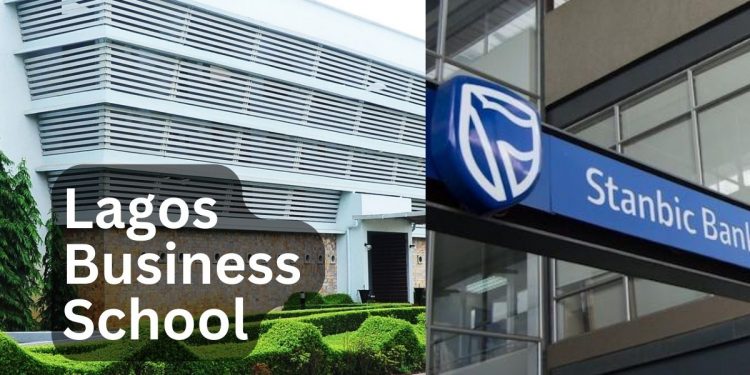In a joint effort to advocate for environmental sustainability, the Lagos Business School (LBS) and Stanbic IBTC Holdings have highlighted the critical need for businesses to integrate sustainability initiatives into their corporate strategies. This was underscored during the presentation of a case study on Stanbic IBTC’s Environmental, Social, and Governance (ESG) initiatives at the LBS campus in Lagos.
The case study, titled “Beyond the Buzzwords: Concrete Sustainability Measures in Corporate Strategy,” was authored by Professor Chris Ogbechie, Dean of Lagos Business School, and Segun Jones, Lead of the LBS Management Hub. The presentation was aimed at participants of the Owner-Manager Programme of both the Lagos Business School and the Strathmore Business School in Nairobi, Kenya.
Key Insights from the Presentation
Professor Ogbechie emphasized the importance of sustainability for the long-term success of businesses. He noted that the focus of corporate success is shifting from mere revenue targets to encompassing efforts in promoting environmental sustainability.
“Sustainability is a major concern for CEOs today. In Nigeria, climate change poses significant risks, contributing to crises like food shortages. Every business must consider climate change and sustainability to preserve the environment for future generations,” said Ogbechie.
Stanbic IBTC’s Commitment to ESG
Demola Sogunle, Chief Executive of Stanbic IBTC Holdings, highlighted the company’s dedication to aligning its sustainability initiatives with global best practices. He noted that Stanbic IBTC’s approach to sustainability is driven by the recognition of the interdependence between the company’s success and the well-being of the communities it serves.
“We have set ourselves key sustainability targets and are committed to achieving them. Our market leadership and the trust placed in us compel us to engage deeply with sustainability,” Sogunle stated.
Nigeria’s Environmental Challenges
Nigeria faces numerous environmental issues, including air and water pollution, oil spillages, deforestation, desertification, erosion, and flooding. In 2022, floods affected 3.2 million people, resulting in over 600 deaths, 100,000 displacements, and the destruction of over 300 hectares of farmland.
At the COP27 global climate conference, former Minister of Environment Mohammed Abdullahi highlighted the financial challenges Nigeria faces in funding energy transitions and climate actions. Despite the pressing effects of climate change, the adoption of a net-zero carbon emission strategy is still not a priority for many, largely due to economic constraints.
The Way Forward
By undertaking sustainability initiatives, Stanbic IBTC aims to support government efforts and inspire other businesses to prioritize environmental conservation. Both LBS and Stanbic IBTC hope that their efforts will demonstrate the importance of environmental sustainability and encourage broader adoption of ESG principles in Nigeria’s corporate sector.










